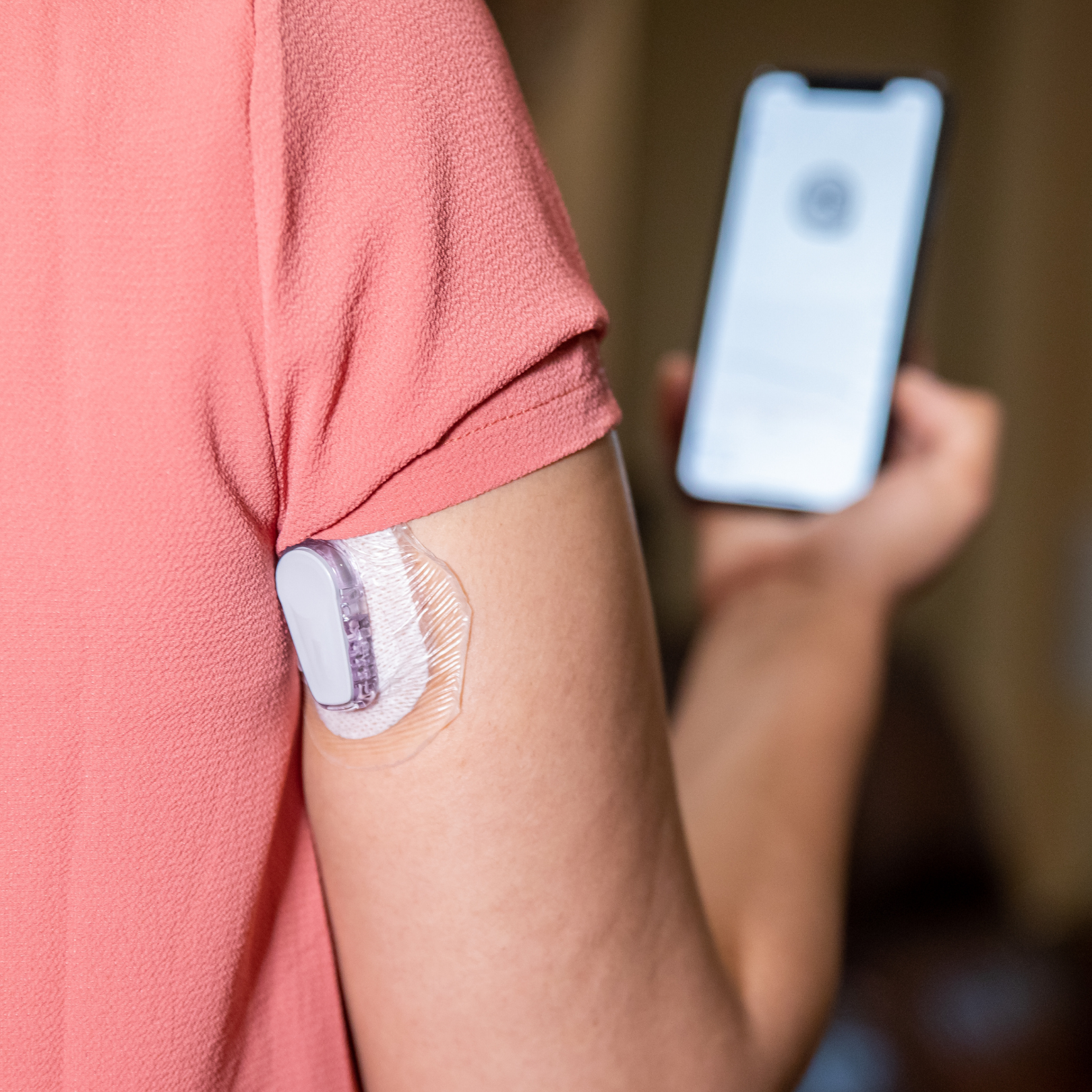News
Testosterone Deficiency and Aveed
Testosterone levels are checked in men at an increased frequency and more men are being prescribed testosterone replacement therapy than ever before. Typical symptoms of low testosterone include fatigue, erectile dysfunction, low libido, and loss of muscle mass.
As Endocrinologists, we try to find the underlying reason for the testosterone deficiency (or Hypogonadism) prior to initiating therapy. Often times the reason is either due to pituitary dysfunction (a gland in the brain), benign pituitary tumors or testicular dysfunction. Some risk factors for low testosterone are chronic opioid use (a type of narcotic pain medication), head trauma, testicular trauma, or HIV.
The testosterone levels should be checked on a fasting, morning blood draw and the levels should be confirmed with a second blood draw.
The aim of testosterone therapy is to help improve quality of life by enhancing bone and muscle function and possibly other areas like mood or sexual function. Use of testosterone replacement, like any other drug, is not without risks. The adverse effects of testosterone replacement medication include effects on liver function tests, blood count, sleep apnea, and fertility. It can also make undiagnosed prostate cancer grow.
Blood work should be checked on a regular basis to monitor these parameters. There are no long-term clinical safety trials assessing cardiovascular risks however some data suggest that the risk may be increased in certain patient populations.
Testosterone medication comes in various formulations: a daily topical gel or patch, a three-month subcutaneous insertion of a pellet, or injections given every 1-2 weeks. The traditional testosterone injections that can be given at home are injected every 1 to 2 weeks.
One of the newer injectable formulations is Aveed. It is a depot testosterone that is injected intramuscularly by a medical professional in a clinic at initiation, 4 weeks, and then every 10 weeks thereafter. One of the serious, but rare, drug reactions associated with Aveed is pulmonary oil microemboli (a small oil droplet that can travel to the lungs) and anaphylaxis (severe allergic reactions). After each Aveed injection, the patient must be monitored in the clinic for 30 minutes for any respiratory reactions.







